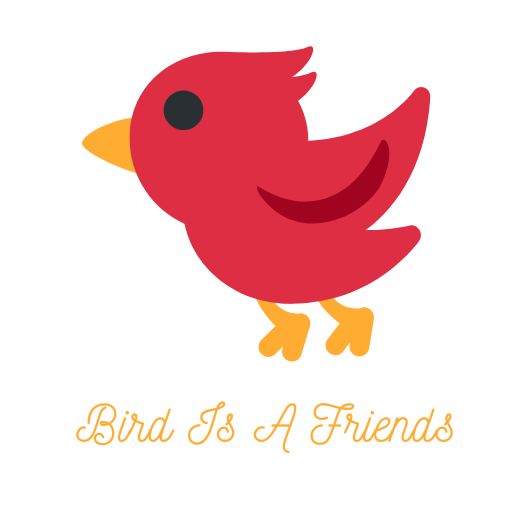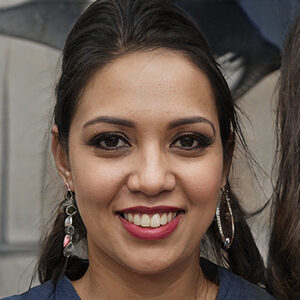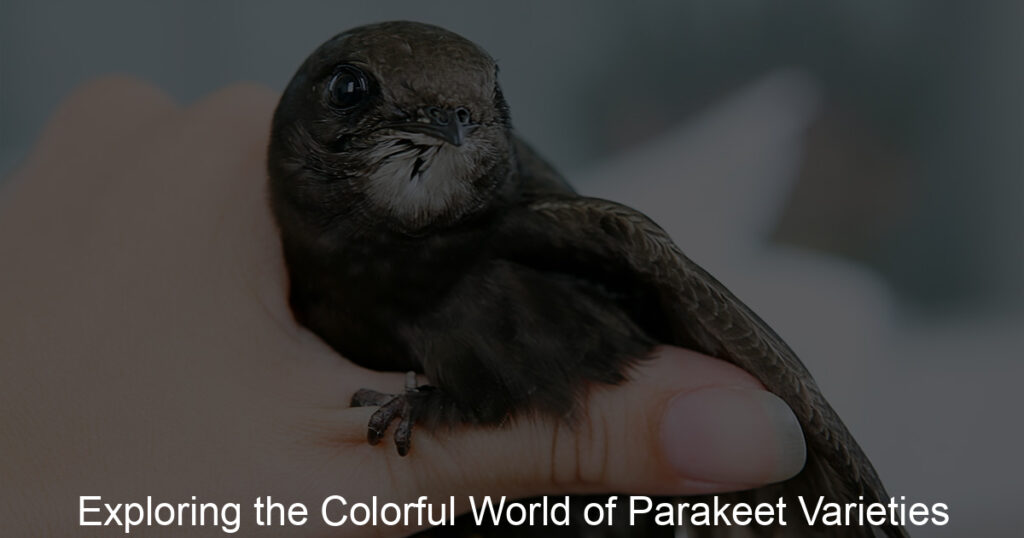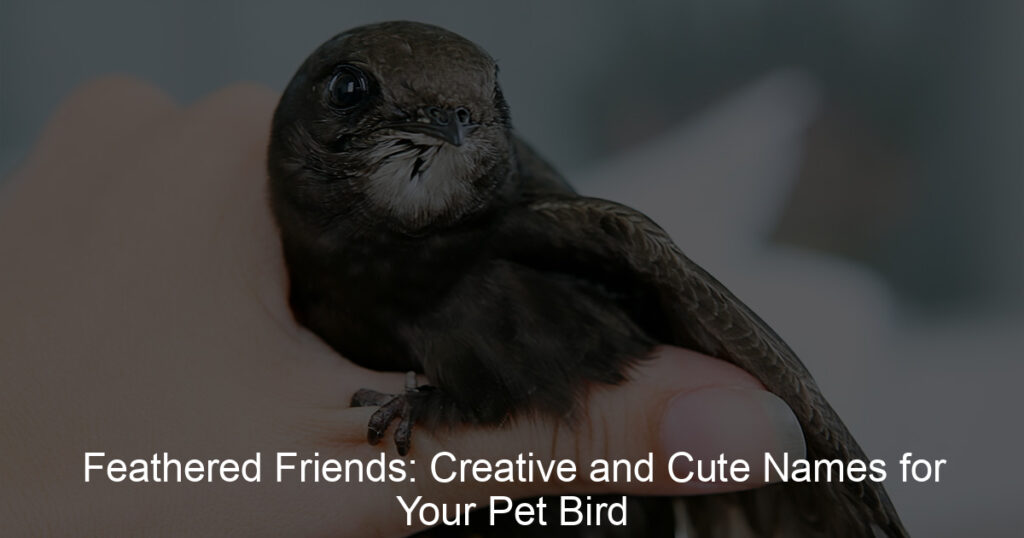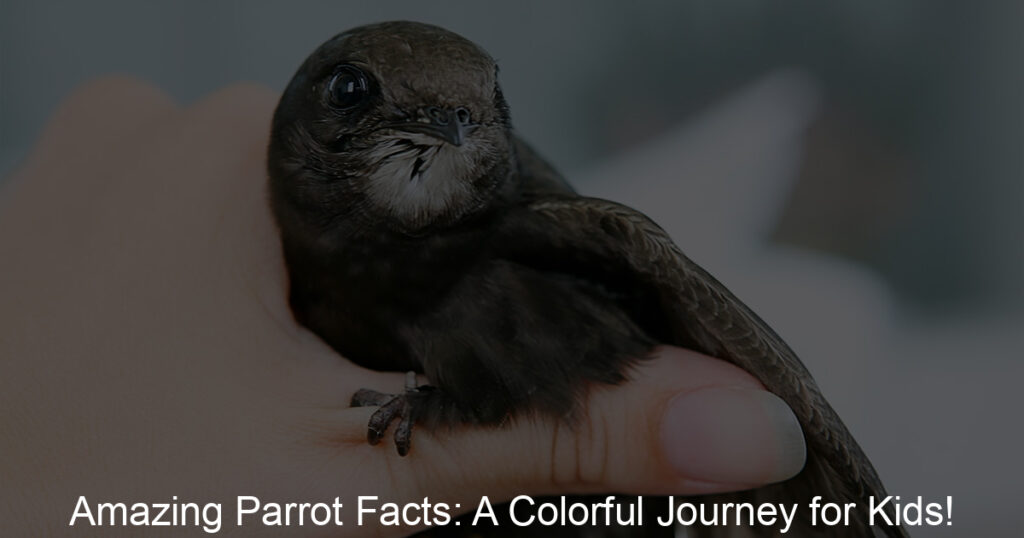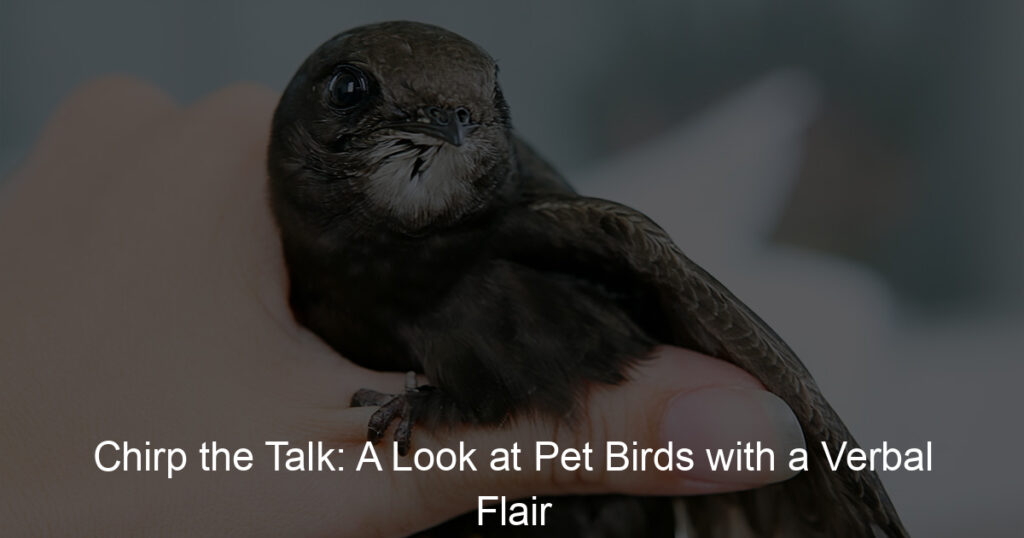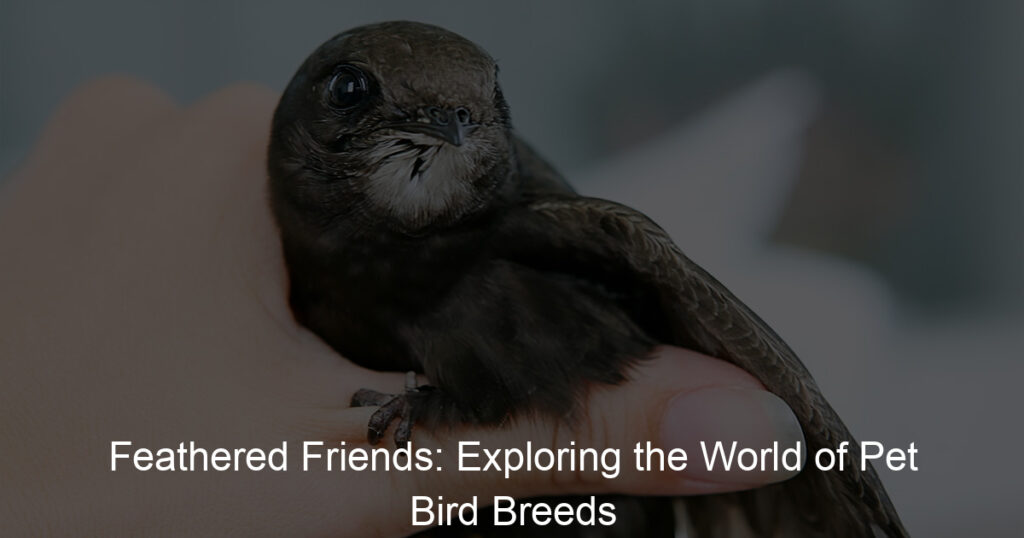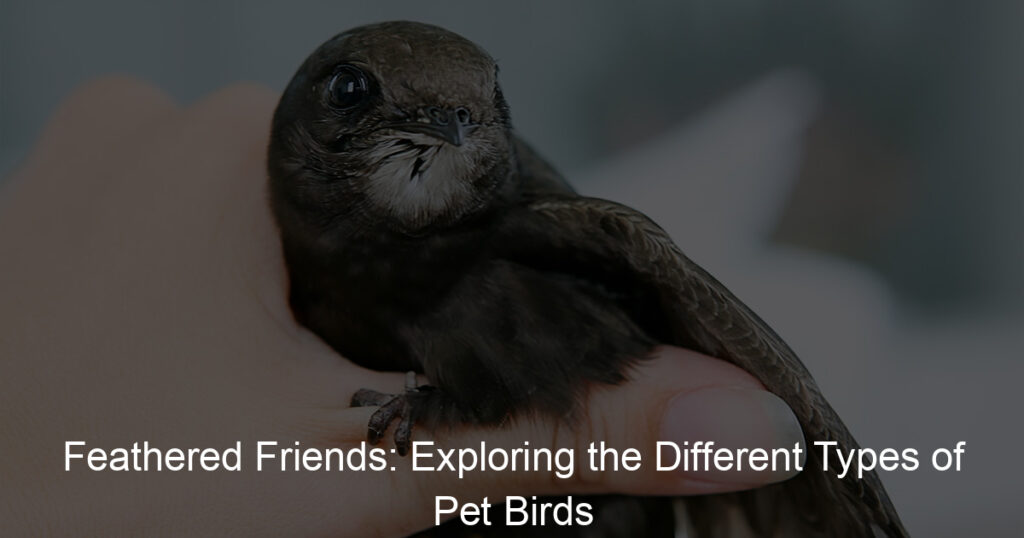As a bird owner, you might be wondering what kind of food you should be feeding your feathered friend. While there are many options out there, it’s important to choose a diet that is nutritious and will meet all of your bird’s needs. Here is a closer look at what pet birds eat and how you can ensure that they are getting everything they need to stay healthy and happy.
What human food can pet birds eat?
Feeding pet birds treats from the kitchen may not be as difficult as many people would assume. There are a number of snacks that birds can have, although moderation is key to nutrition. Boiled eggs, pasta, and cooked vegetables such as carrots or peas are all healthy choices for bird consumption. You should also consider adding some fruit into your pet bird’s diet with apples and pears being particularly popular favorites.
When giving scraps from the table, it is important to remove any added salt, sugar, or condiments before giving them to your feathered friend. If your bird has a sweet tooth, a small amount of honey can be provided in moderation ensuring that there is always a snack option available for both you and your pet.
How often do you feed a pet bird?
Feeding a pet bird is essential for maintaining its health and well-being. Ideally, birds should be fed twice a day with a seed mix or pellet mix tailored to the specific species of bird. Fresh fruits and vegetables should also be given as treats or supplements, and it’s important to always have clean water available for your pet bird. Other options include sprouted seeds or mealworms, offering variety that will keep the bird from becoming bored with its diet.
It’s recommended to provide different seeds and flavors so that your avian friend stays excited when they come to eat. As always, be sure to keep an eye on what your bird is eating and consult an avian veterinarian if you have any questions about how often you should feed your pet bird.
What do most common birds eat?
Most common birds have a dynamic diet that includes a range of items. Many consume seeds, fruit, nuts, small insects, and insect larvae. Finches, sparrows, swallows, and hummingbirds rely heavily on seeds and small insects for sustenance while blackbirds, bluejays, and starlings enjoy a variety of foods including fruit, acorns, and berries. During the winter season, they often seek out food sources that are plentiful such as grains from farmers’ fields or bird feeders in people’s yards.
Additionally, some shorebirds eat shellfish uncovered in the sand at the beach or aquatic animals in estuaries, marshes, and lakes. Birds are essential to maintaining a balanced ecosystem by helping to disperse seeds for germination and controlling insect populations – nature’s way of keeping things in check!
What do baby birds eat?
Baby birds rely on their parents to feed them a variety of nutrients needed for proper growth and development. The food they consume is generally specific to their species as well as the environment in which they live. For example, insect-eating birds such as bluebirds and chickadees will eat grubs, beetles, and caterpillars, while seed-eating species like sparrows and finches will feast upon different types of grain.
Additionally, many baby birds benefit from regurgitated food provided by their parents. This essentially provides the same dietary options but in an easier-to-digest form: a softer alternative that can be more easily acquired than their traditional food sources.
Ultimately, no matter where it comes from or what type of bird it belongs to, one thing is certain – baby birds require plenty of nutrition in order to successfully survive and thrive!
What kind of seeds do baby birds eat?
Baby birds have different dietary needs than their adult counterparts when it comes to seeds. Depending on the species, baby birds generally require smaller or softer seeds, such as thistle or millet. They are not yet able to crack a hard seed casing, so the smaller and softer seeds are easier to handle and digest.
Some seed-based mixes will include grains specifically meant for young birds, containing items like canary grass, oats, wheatberries, and sunflower chips. Feeding seeds to baby birds take a bit of care; it’s important that their bellies are always full but never overfilled with too much food at once.
It’s Wrapping Up
After searching for the answer to the question ‘What do pet birds eat?’ we have acquired valuable knowledge about how to properly feed our feathered friends. Even though some birds enjoy various types of fruits and vegetables, many of them also require a diet rich in protein.
Additionally, you should avoid giving birds human food, as it can be unhealthy and dangerous if ingested. Finally, it’s important to remember that each bird species has different dietary needs and preferences, so research your specific type of bird before making decisions on what to provide in terms of nutrition.
By understanding the specifics regarding bird diets, you can make sure your pet bird is healthy and happy!
